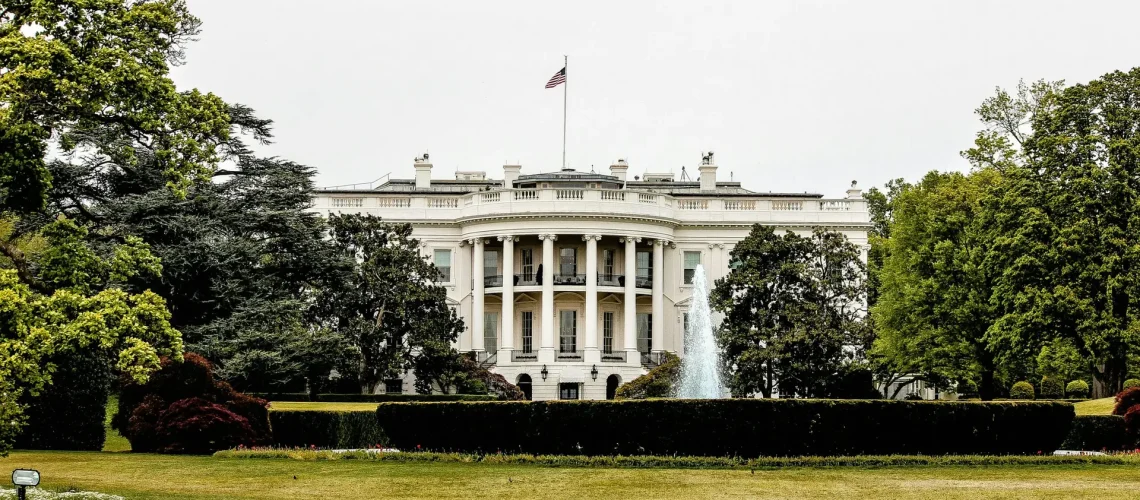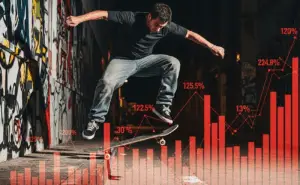The last drop of hope has just vanished. It burst like a soap bubble in the summer wind. I am speechless and utterly disillusioned.
The United States has re-elected Donald Trump, despite the fact that he is accused of undermining democratic institutions. I no longer understand the world. The U.S. seems to have fallen for an autocrat who openly expresses his disregard for democratic norms. The only thing that might offer some solace is the thought that some of these old men will soon leave the stage. But is that really hope?
What’s next? Autocrats, conservatives, and wars everywhere, mixed with oligarchs who are driving our world at full speed against the wall while enjoying the high life. It seems as if everything is falling apart. Where can we go and hide? Europe and Germany could be next, or at least become so isolated and insignificant that no one cares anymore.
But the big question is: Why are so many people choosing autocrats and populists? It seems as if our world is breaking apart and we’re moving backward. Analysts and writers like Emmanuel Todd predicted this 25 years ago when I lived in the U.S. In his book “After the Empire: The Breakdown of the American Order,” Todd forecasted the decline of U.S. hegemony and the rise of internal divisions.
What impact will this have on the world around us? What does it mean for Europe and Ukraine? What will happen between China and the U.S.?
Unfortunately, we in Germany are going down a similar, though not identical, path. The public is deeply disappointed with the current government, but none of the established political parties have anything substantive to offer. Many people are disillusioned and turn to what they perceive as the only chance for change: either the far-right AfD or the somewhat shady BSW, which positions itself on the left but has much in common with the extreme right. Remarkably, there are allegations that both parties may receive support from foreign actors, raising concerns about external influence on our democracy.
I am deeply worried about my future and that of my daughter. Maybe I shouldn’t be. Maybe everything will sort itself out? Maybe nature will find a way to restore balance. Or perhaps artificial intelligence will soon take over and set things right. But shouldn’t I be afraid of that as well? Under which rock can I hide until this nightmare is over?
For a moment, it feels as if all hope is lost. But perhaps this is a wake-up call for all of us. We need to understand why people are turning to populism and autocracy. Economic insecurity, social inequality, and a loss of trust in traditional institutions are driving people into the arms of radical alternatives.
We must address these underlying problems. Strengthening education, promoting open dialogues, and building a sense of community could be steps in the right direction. It is crucial to uphold the values of democracy, human rights, and mutual respect.
As concerned citizens, we should contribute constructively and actively participate in our communities. Perhaps then we can begin to rebuild the hope that seems to be disappearing.
Photo by René DeAnda on Unsplash






